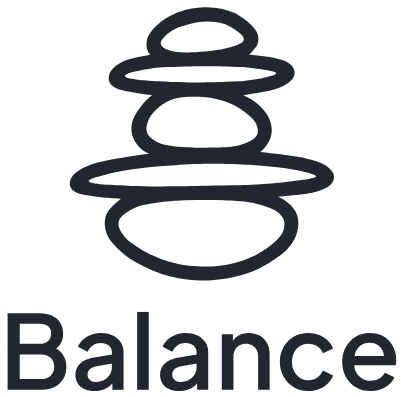Anyone thinking of owning or selling property in BC should know about this!
In recent years, like much of the rest of Canada, British Columbia has been grappling with a growing housing crisis, marked by increasingly unaffordable housing prices.
Finding affordable housing has become more challenging. To address this, the British Columbia government has proposed the implementation of the BC Home Flipping Tax (under the Residential Property (Short-Term Holding) Profit Tax Act).

What is the BC Home Flipping Tax?
The BC Home Flipping Tax will be imposed on income earned from the sale of a residential property after January 1, 2025, if it is sold within 730 days (2 years) of its acquisition.
Starting on January 1, 2025, a 20% tax will apply to the profit earned from selling an affected property within 365 days of its purchase date; this tax rate decreases to zero on a daily basis after 730 days from purchase.
Properties purchased before January 1, 2025 that are sold on or after January 1, 2025 that were owned for less than 730 days on the date of sale may be affected by this tax.
For example, if you purchased a property in British Columbia on July 1, 2024, and decide to sell the property on July 1, 2025, you may be caught by the new rules.
What is the purpose of the tax?
The purpose of this tax is to discourage the activity of holding housing stock in BC for a short term basis to generate a profit. It is believed that this type of activity contributes to rising housing costs and shrinking supplies of homes.
The BC government anticipates that approximately 4,000 properties annually will be affected by this tax.
Which properties will be affected?
Taxable properties are defined to include most residential properties. This typically includes housing units, land designated for housing only, and the right to acquire these properties, including pre-built condos.
Who and what can be exempt from the BC Home Flipping Tax?
The legislation includes a list of different situations in which the new tax will not be imposed.
The tax will not apply on income earned from the sale of property on exempt locations including reserve lands, treaty lands, indigenous nations, property acquired through inheritance or lottery, and more.
In addition, an exemption will be given if the sale of a property can be reasonably considered to arise from certain defined “specific life circumstances”, including but not limited to:
- death of related individuals
- illness or disability
- threat to personal safety
- divorce
- bankruptcy
- natural disaster
More exemptions include the following more common scenarios (others exist as well):
- sales between related persons
- special rules for home builders
- properties used only for commercial purposes
Some exemptions are automatic, while others require the filing of a return to claim the exemption.It is important to note that this tax applies to individuals, partnerships, trusts, and corporations, but does not apply to governments, government agencies, non-profits, charities and a number of other situations.
Primary Residence Deduction
Certain complex rules apply to gains realized on a “primary residence”, which can generate confusion because most of us have grown to expect that gains realized on the sale of a “principal residence” are not taxed in Canada.
The important rule to keep in mind: if you decide to sell your primary residence in BC less than 730 days after you purchased it, the House Flipping tax may apply, but you may be eligible to claim a deduction of up to $20,000 from your taxable income if certain conditions are met:
- You owned the property for at least 365 consecutive days before selling it
- The property being sold includes a housing unit that you lived in as your primary residence while you owned it.
Do you think this tax may apply to you? Or would you like to discuss your specific facts and circumstances to determine if a partial or full exemption may be available?
Book a free consult here.
